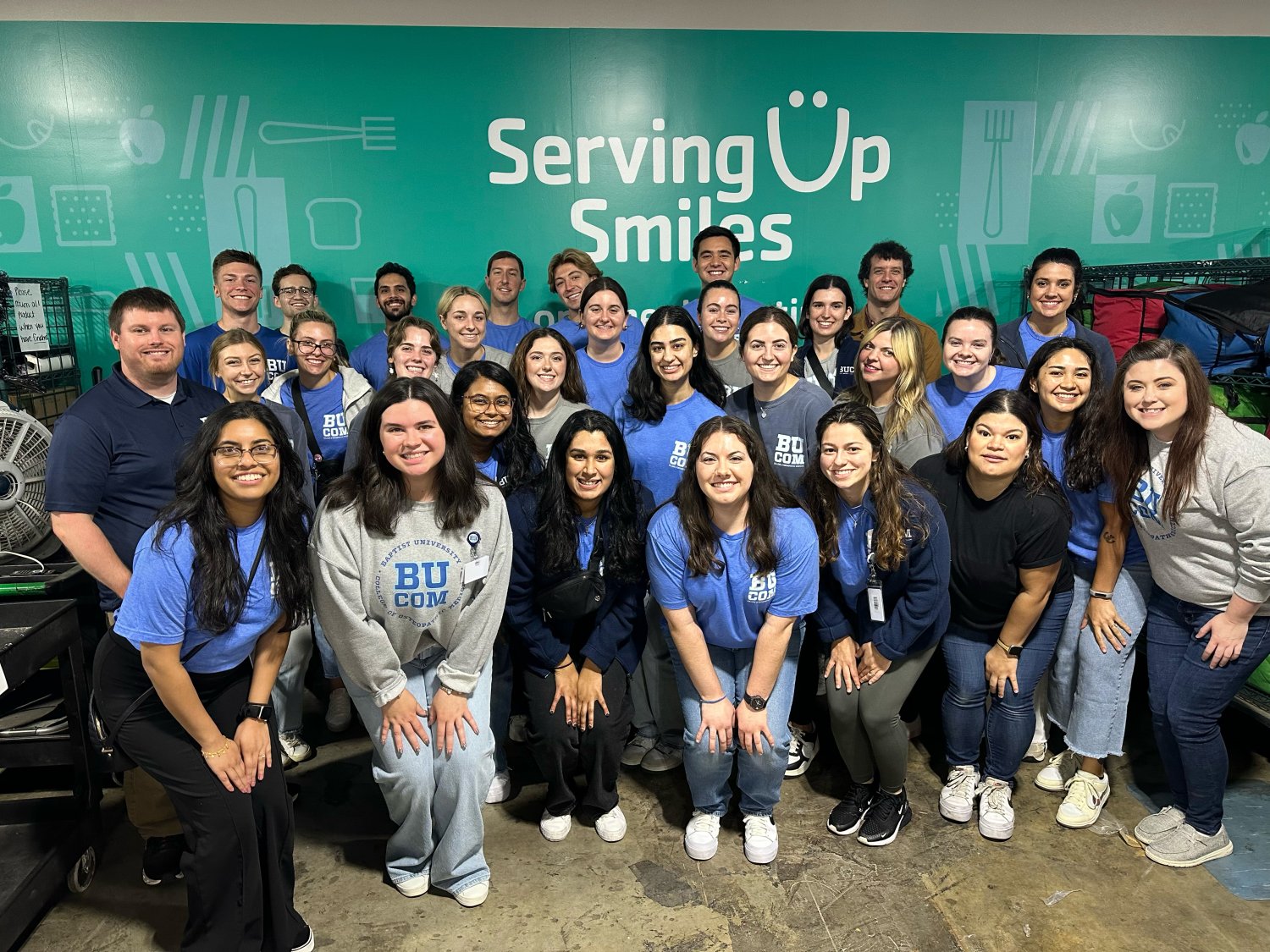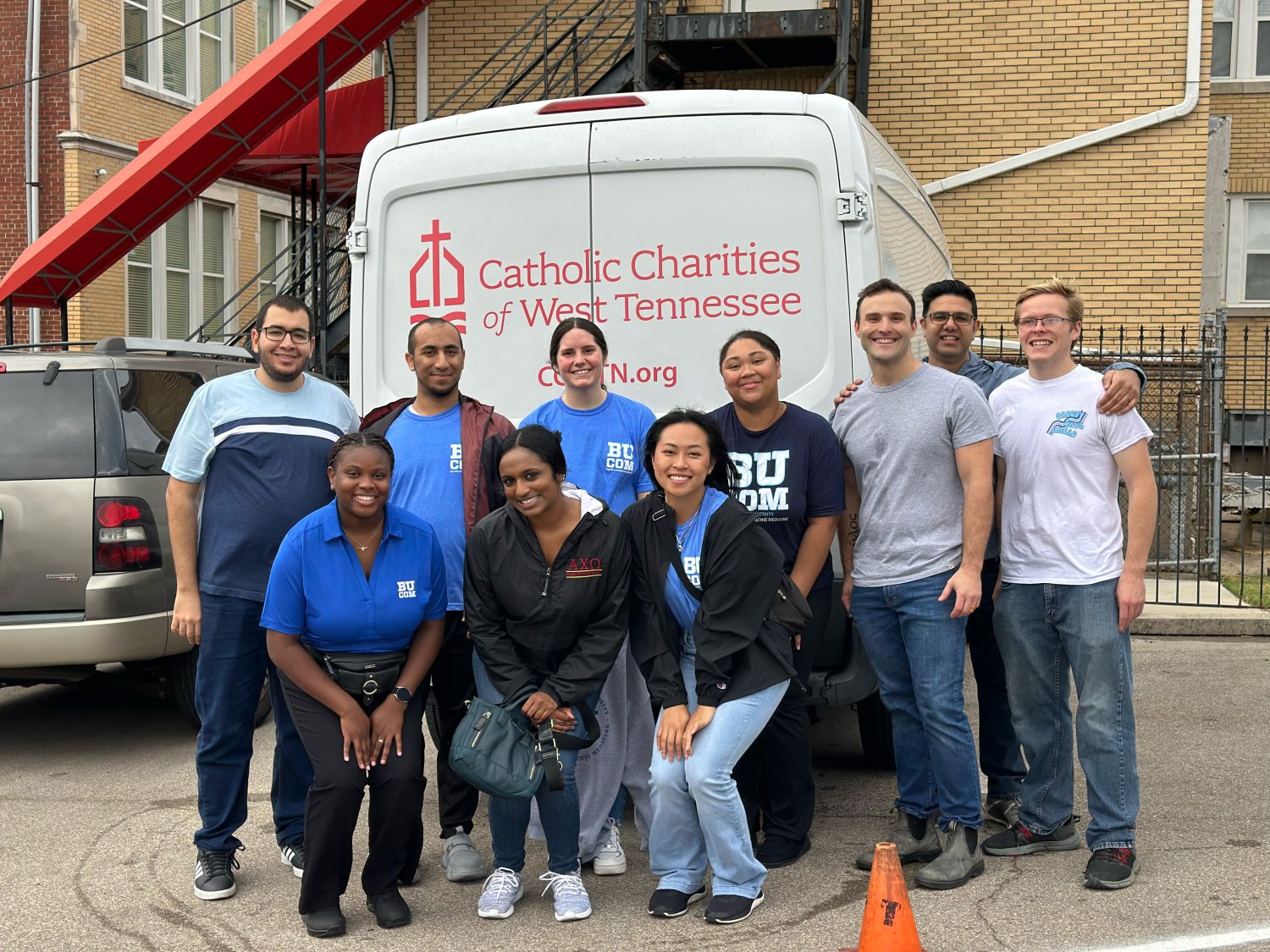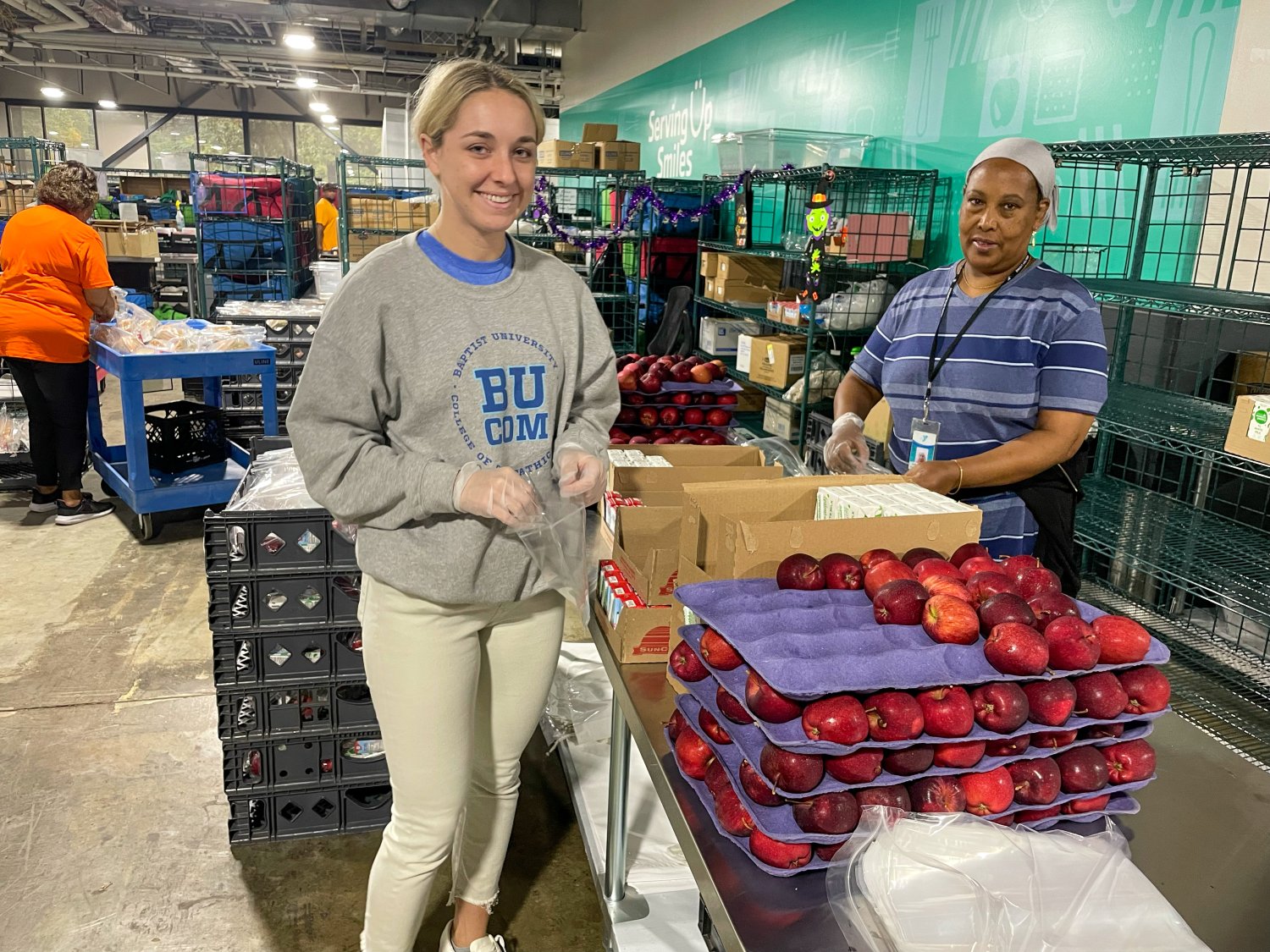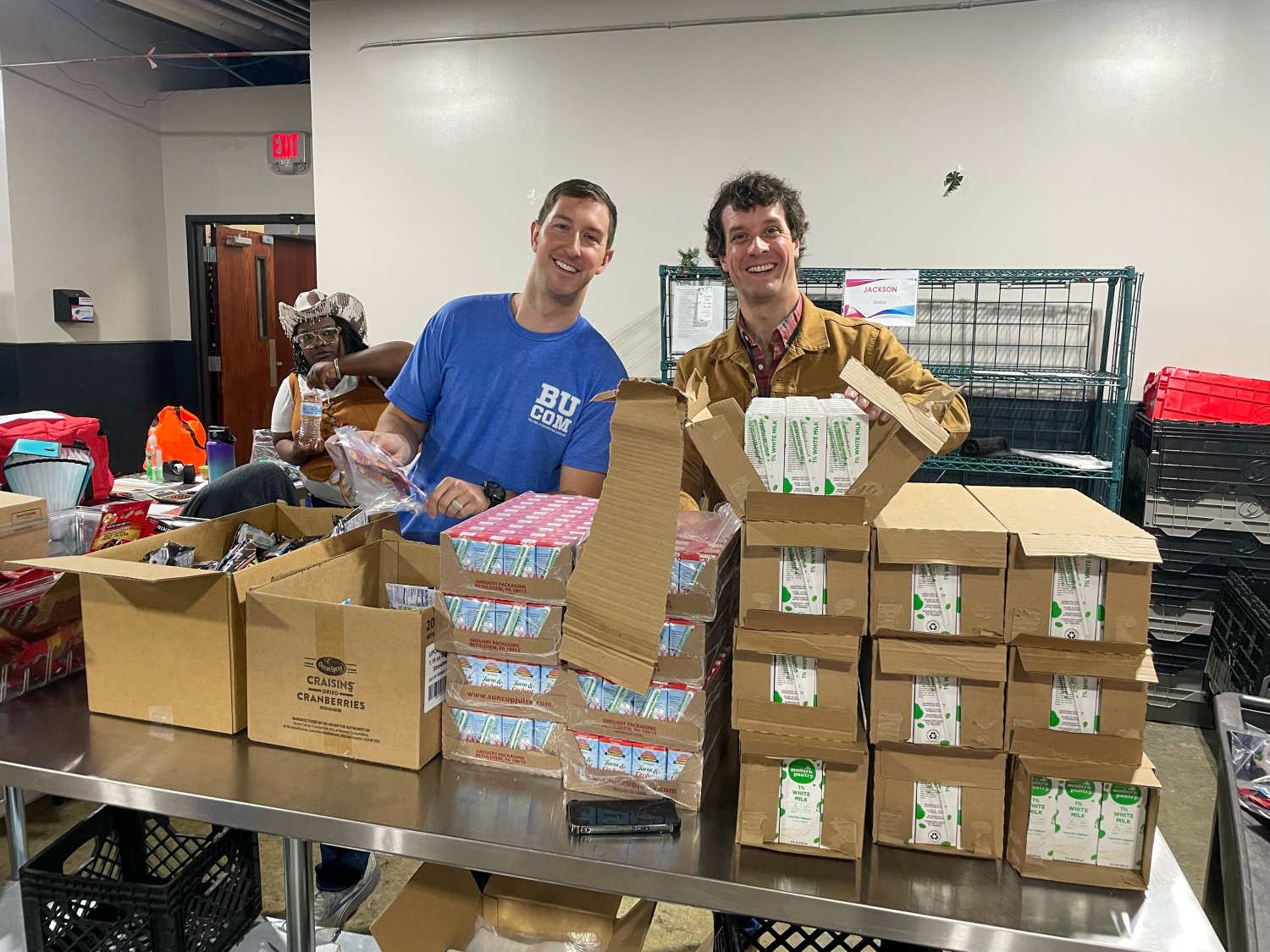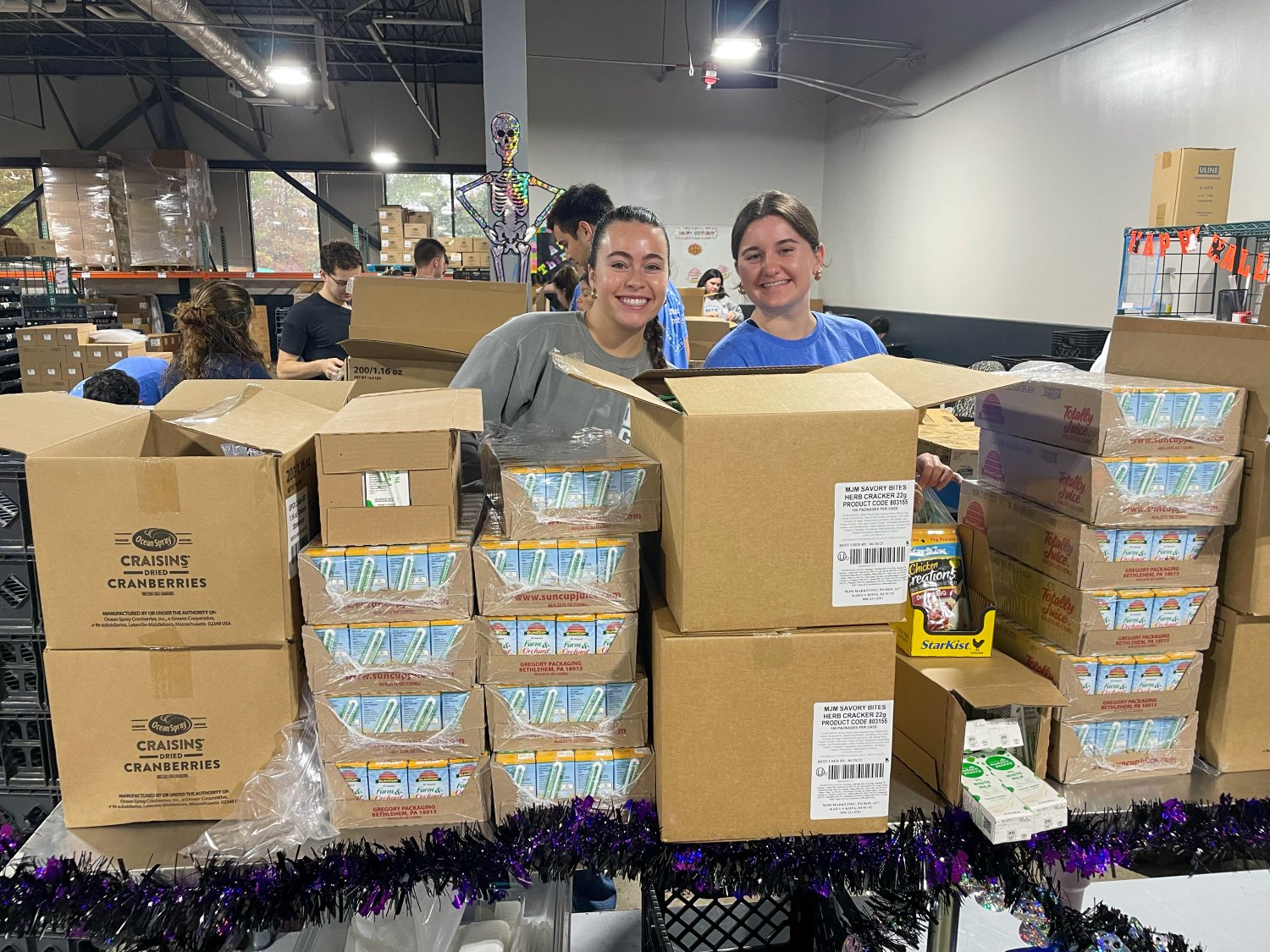BUCOM Students Tackle Social Inequities Through Service and Simulation
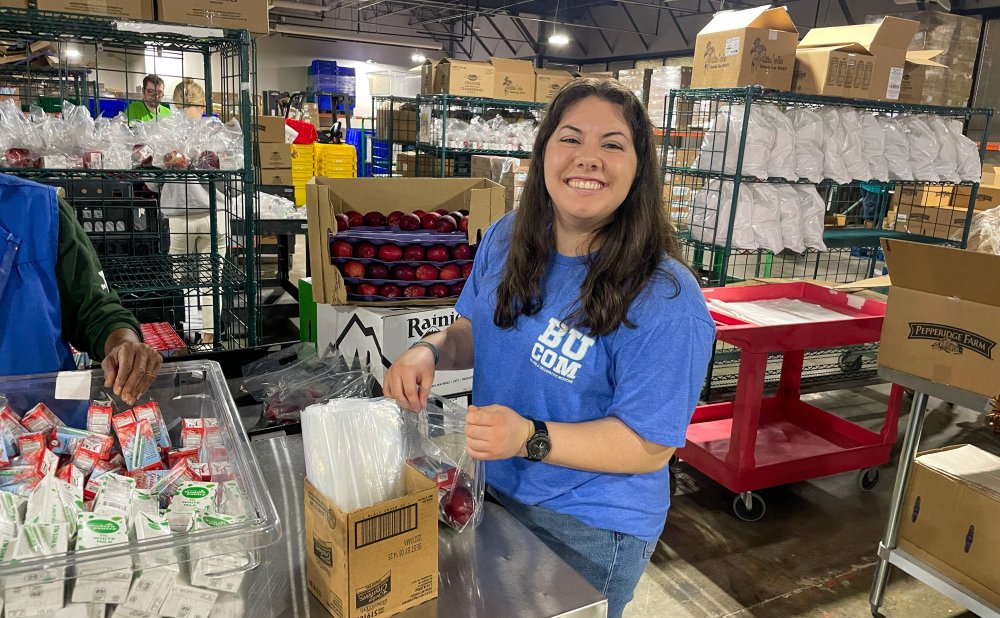
At Baptist University College of Osteopathic Medicine (BUCOM), the development of compassionate, empathetic, and well-rounded physicians begins on day one. A cornerstone of this effort is the Physician Core Competencies (PCC) course, which dives into topics like medical ethics, professionalism, personal well-being, and social determinants of health (SDH).
During their first semester, students had a unique opportunity to confront the harsh realities of social inequities in health care through both immersive simulations and hands-on service projects.
A Powerful Lesson in Empathy
During a Low-Income Disparities Simulation event, students assumed the roles of individuals facing overwhelming life challenges, from language barriers to housing insecurity and family separations. Macia Outlaw, OMS1, shared how the experience reshaped her perspective:
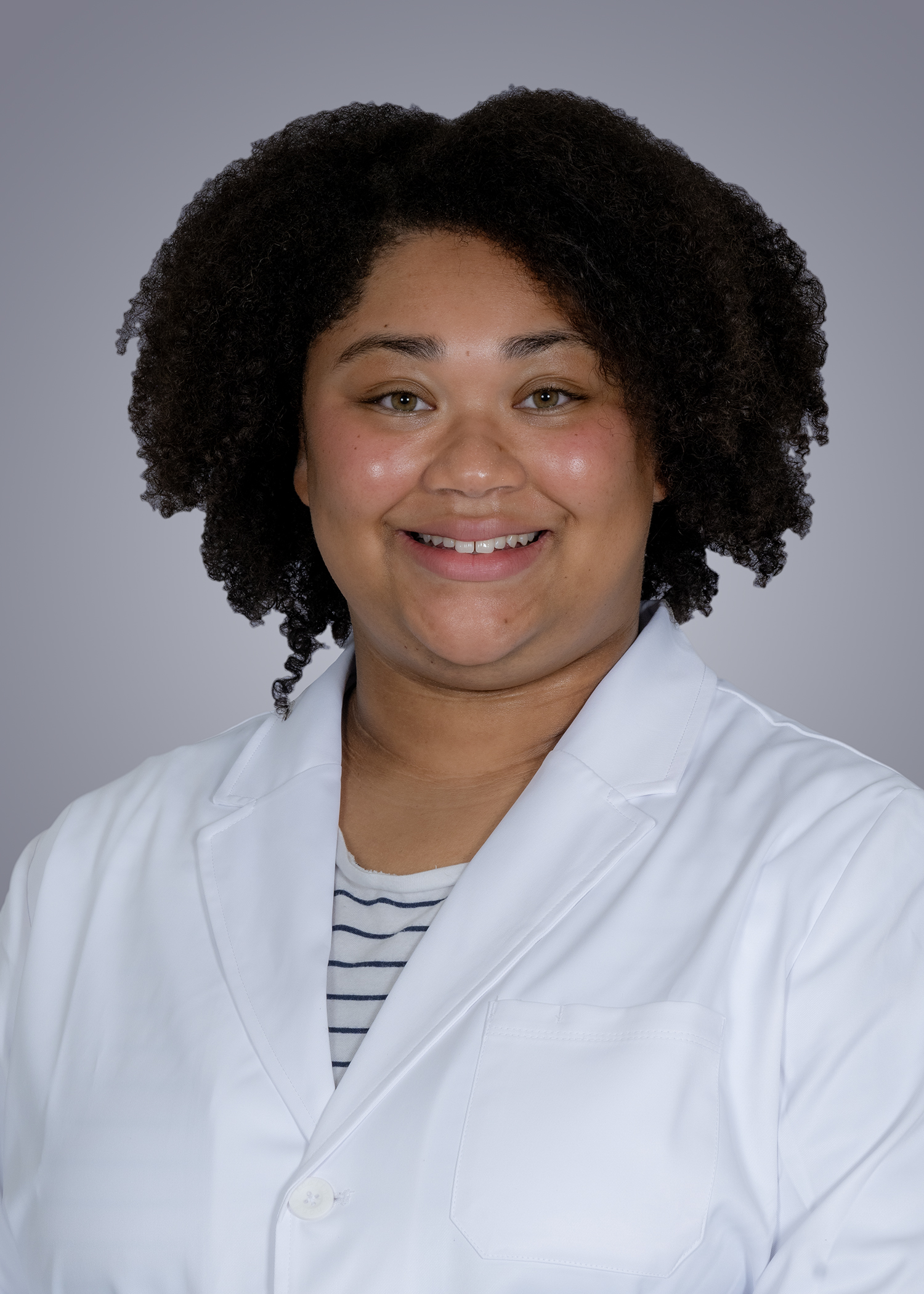
"Honestly, the stress of just making ends meet was overwhelming, and I saw firsthand how easy it is to let important things like health fall to the side... This simulation wasn’t just a class exercise, it was a reality check. It made me see that empathy isn’t just about listening; it’s about truly understanding the weight of someone’s struggle and making sure they feel seen.”
Amber Toles, BUCOM’s Medical Education Specialist and volunteer at the event, explained the importance of these experiences:
"It’s imperative that students understand that not all patients they serve will look like them... This simulation experience provided students with a chance to take off their esteemed white coats and step into someone else’s shoes. It was a rewarding experience from beginning to end for everyone."
Turning Knowledge Into Action
Beyond the simulation, BUCOM students took their lessons to the community. They partnered with local organizations to serve populations affected by social determinants of health.
Here are some of the projects:
- Manna House: Students provided hospitality to individuals experiencing homelessness, including distributing hygiene items and clothing.
- YMCA Corporate Office: Volunteers packed school lunches for children in need.
- Catholic Charities Mobile Food Pantry: Students loaded food boxes into cars and collected data.
- MIFA Meals on Wheels: Groups delivered meals to homebound seniors.
- Mid-South Food Bank: Teams sorted and packed donated food items.
- Dorothy Day House: Students helped to clean and organize bedding at a house that provided temporary housing for those experiencing homelessness.
Clay Aureli, reflected on his time at the Mid-South Food Bank and how it transformed his perspective:
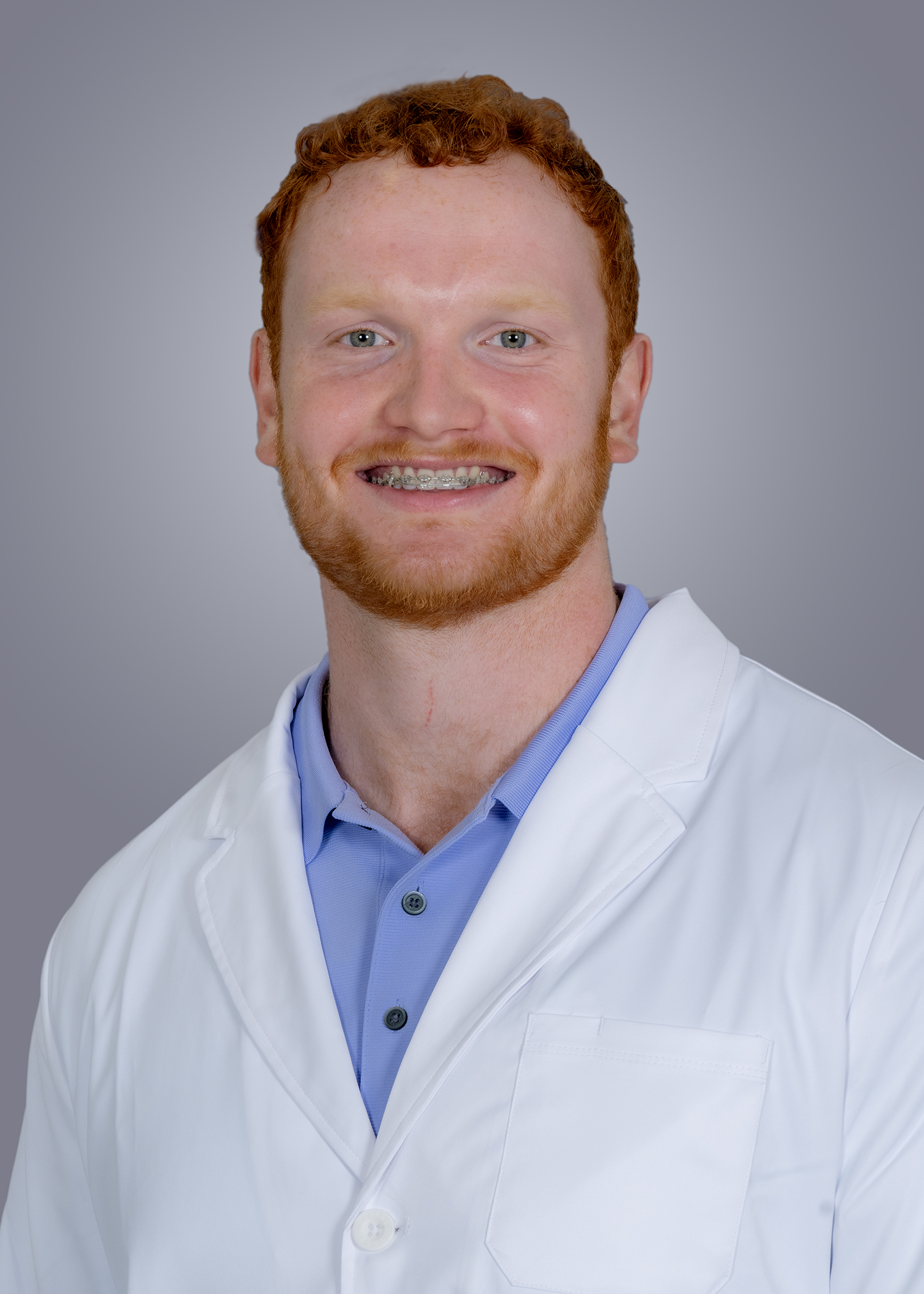
"Going into this service project, I didn’t have expectations of learning anything new about myself or the community. When I was in college, I was very involved in the campus food pantry, so I figured that this service project would be nothing new. I actually learned a lot more than I thought I would. Over the past few months, my mindset and identity as a whole have completely shifted. I am now always thinking like a doctor—thinking in a way that can help me advocate for and assist future patients.
"This project gave me that ‘aha’ moment: the realization that social determinants of health are the whole reason people aren’t getting healthier and are getting sucked into generational sickness…This project opened my mind to a different perspective of medicine and my role as a health care provider. I hope to streamline the process for my future patients by compiling resources to address the root causes of their illnesses.”
Building Future Healers
BUCOM’s PCC course prepares students for more than just the technical aspects of medicine. It equips them to address the broader, systemic challenges that impact patient health. As Dr. Nyindodo emphasized in her session on SDH, the intersection of poverty and health care is a reality that future physicians must address head-on.
By engaging in service-learning and reflecting on the lived experiences of those they hope to serve, BUCOM students are learning to embody patient-centered care in its truest form.
This initiative is more than an academic exercise; it’s a vital step in shaping empathetic, compassionate physicians who will make a lasting impact in their communities and beyond.
At Baptist University College of Osteopathic Medicine (BUCOM), the development of compassionate, empathetic, and well-rounded physicians begins on day one. A cornerstone of this effort is the Physician Core Competencies (PCC) course, which dives into topics like medical ethics, professionalism, personal well-being, and social determinants of health (SDH).






